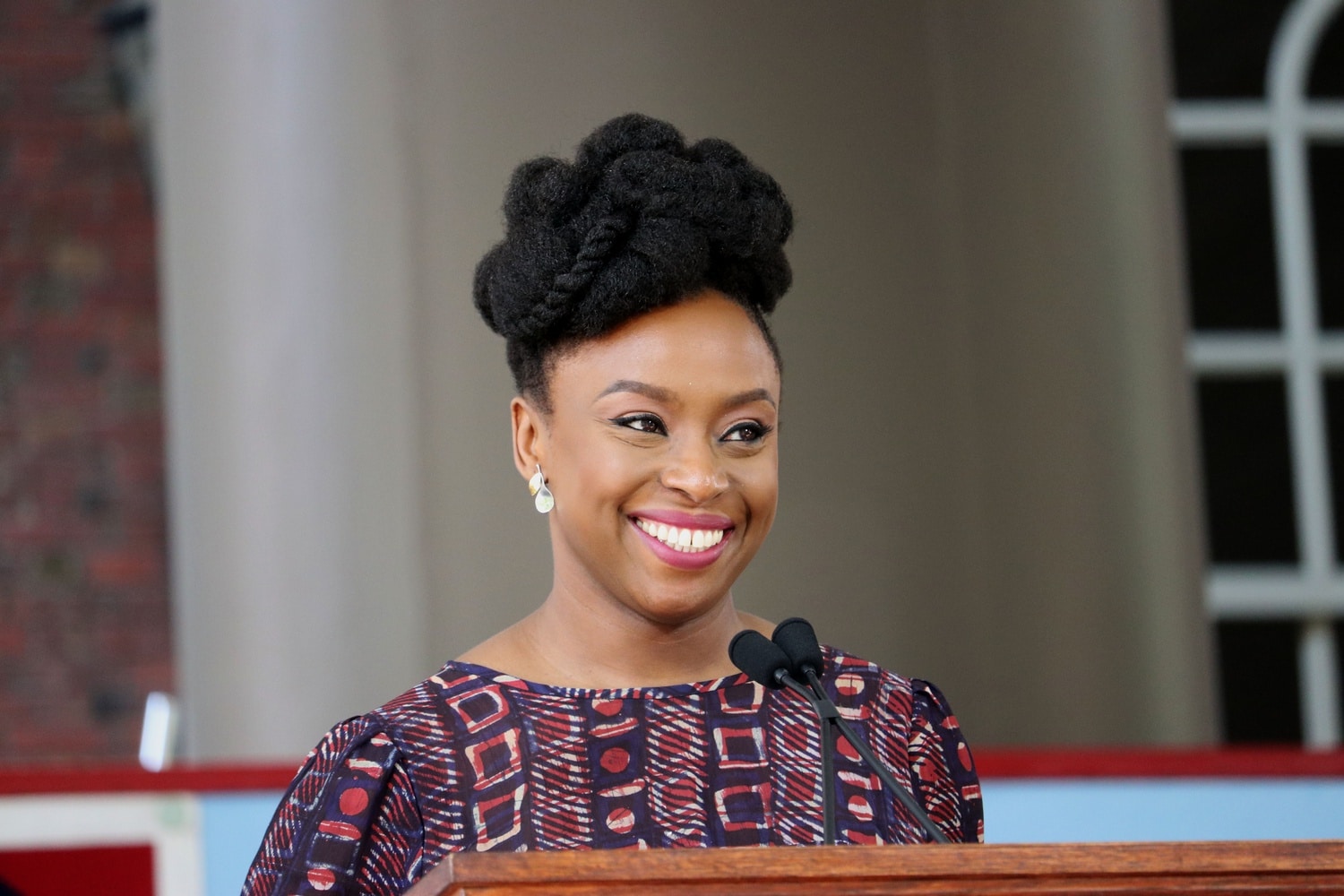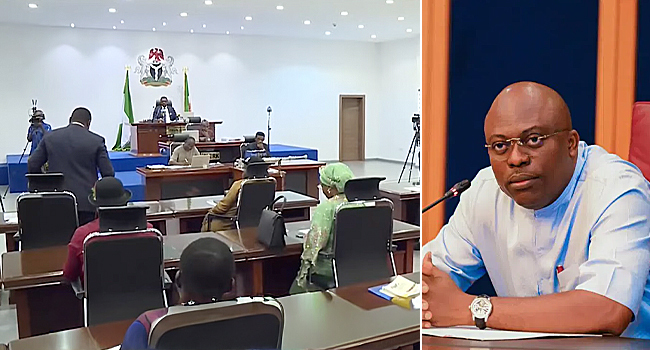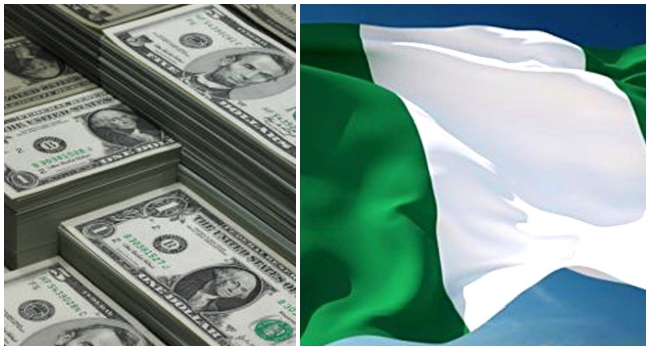Ahead of the 2027 presidential election, African Democratic Congress, ADC, on Sunday, revealed it was not fixated on the contentious issue of zoning.
The party said it was rather focused on building a strong, grassroots-based political structure across Nigeria.
This came as the Secretary of the coalition’s Sub-Committee on the Feasibility of the Registration of a New Political Party, Dr Umar Ardo, dismissed speculations that the coalition had abandoned its application for the registration of All Democratic Alliance, ADA.
The ADC, however, stated that it intends to reshape the country’s political system by promoting principles, practical solutions, and people-centred governance rather than relying on regional power-sharing arrangements.
In an exclusive interview, the ADC’s Interim National Publicity Secretary, Bolaji Abdullahi, said the party’s approach to the 2027 election would prioritise merit and national interest over traditional zoning.
He also explained that the ADC is concentrating on building its capacity at all levels of government.
Abdullahi said: “As for 2027, let me be clear: we are building the party to be a serious contender, not just a participant. But we are not fixated on the presidency as though it were the only prize worth winning. That kind of thinking is part of what has led to the political dysfunction we see today.
“We are focused on building capacity across all levels so that we can contest and win governorships, Senate seats, House of Reps seats, and positions in state assemblies. Yes, the question of the presidential ticket will come, but first, we are laying the foundation.
“A party cannot be something built on nothing. We must first build the structure, and when we get to the bridge, we will cross it. Our emphasis now is on readiness, organisation, and credibility. The ADC is here to give Nigerians a real alternative; not just a new name, but a new vision.”
Abdullahi criticised the current state of Nigerian politics, which he said is still deeply divided along regional and ethnic lines.
Arguing that both the APC and PDP often prioritise power-sharing over competence and unity, he described the ADC as a deliberate and necessary intervention in Nigeria’s political system.
He said: “We are not fixated on power for its own sake. Our interest is not just in changing the occupants of political offices, but in transforming the way politics is done in Nigeria.
“Structurally, the African Democratic Congress, ADC, is fundamentally different from the traditional political formations Nigerians are familiar with. The APC, for instance, came into existence in 2013 as a coalition of several parties with a singular goal: to wrest power from the PDP in 2015. It was a merger driven by expediency.
“The ADC, on the other hand, is a deliberate intervention, born out of necessity by a coalition of individuals who recognised that Nigeria was sliding dangerously toward a one-party state. It is a conscious response to a political vacuum.
“Over the past decade, what we have witnessed is the gradual erosion of meaningful opposition in Nigeria.
“Functionally, the APC has governed without checks, and the PDP has struggled to offer coherent alternatives. Take power away from the APC and you will find there is little holding it together; no clear ideology, no distinct vision.
“For 10 years, Nigerians have been without a viable opposition, until now. Since the ADC was adopted by the coalition on July 2, we’ve begun to offer a bold and issue-based engagement with the ruling party. That’s the role we are stepping into.”












